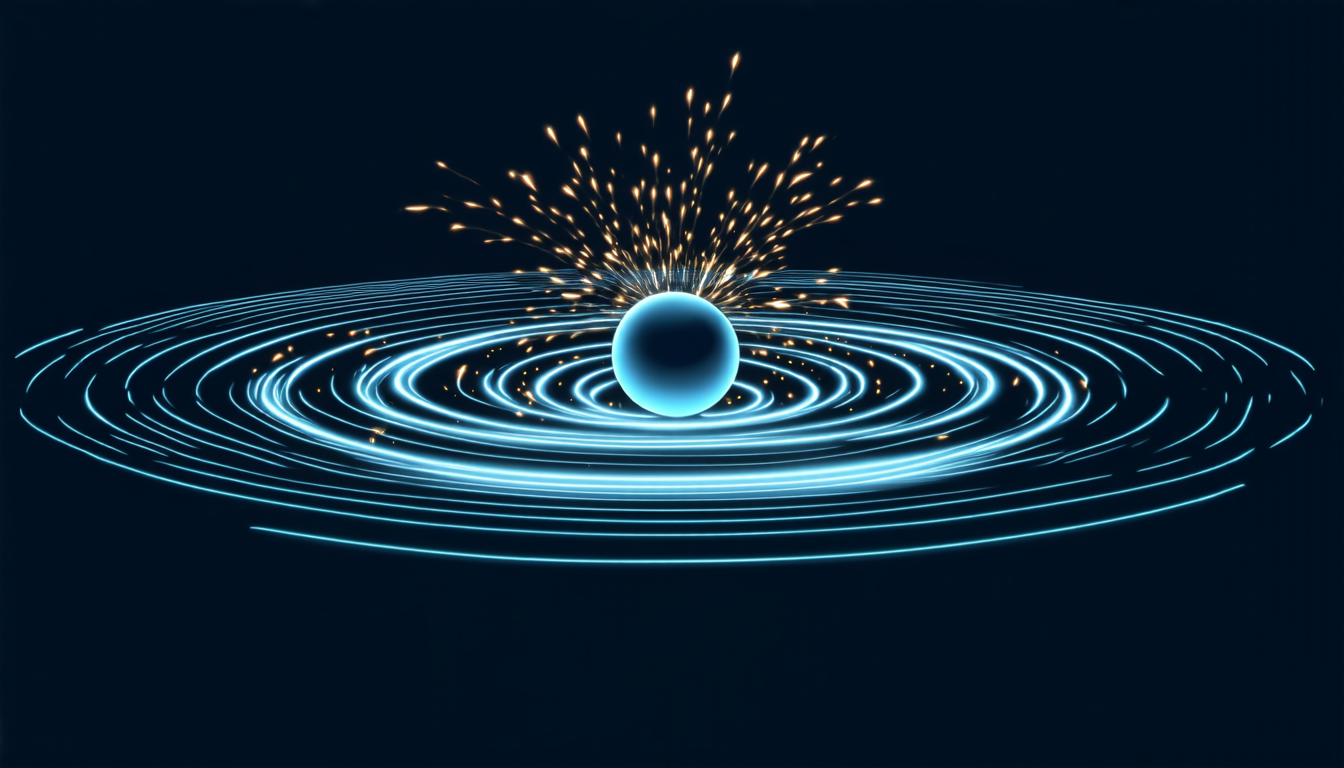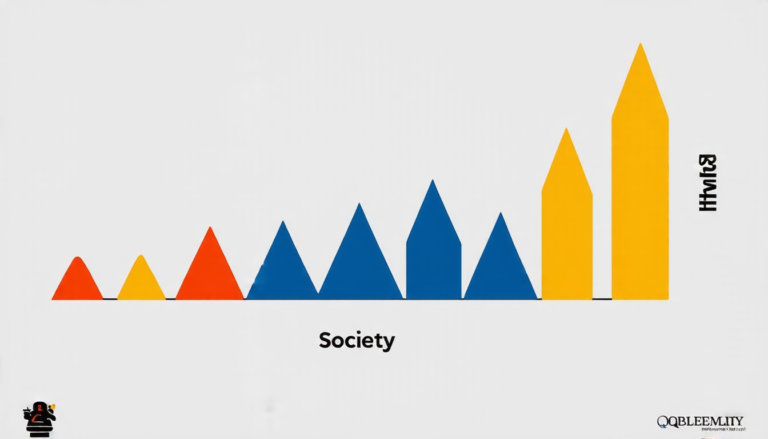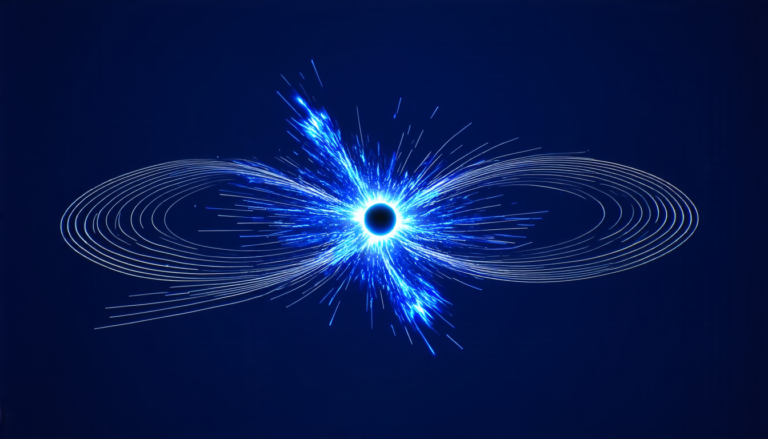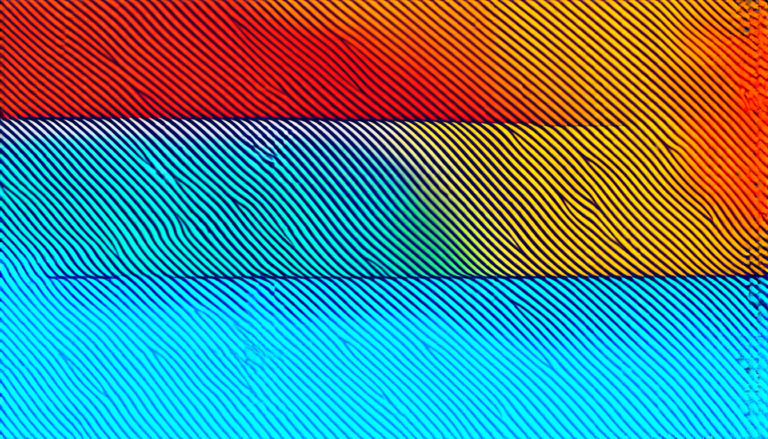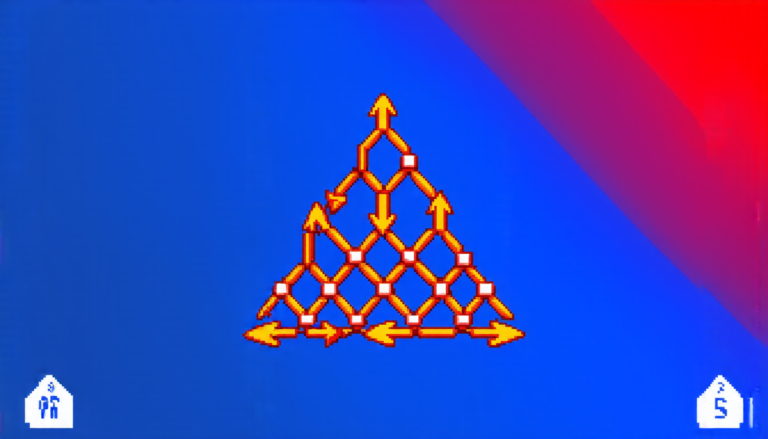Wednesday 16 April 2025
Scientists have been fascinated by superconductors for decades, and recent breakthroughs have revealed some surprising secrets about these extraordinary materials. A new study has shed light on a previously unknown mechanism that allows certain superconductors to generate spin triplet states without relying on spin-orbit coupling.
Superconductors are materials that can conduct electricity with zero resistance when cooled to extremely low temperatures. This property makes them incredibly useful for applications such as power transmission and storage, medical devices, and even quantum computing. However, the process by which superconductors work has been a topic of ongoing research and debate.
One of the key challenges in understanding superconductivity is the role of spin-orbit coupling. Spin-orbit coupling refers to the interaction between an electron’s spin and its orbital motion around the nucleus. In traditional superconductors, this interaction plays a crucial role in generating Cooper pairs, which are the fundamental units of superconductivity.
But what about superconductors that don’t rely on spin-orbit coupling? A new study has revealed that certain non-centrosymmetric superconductors can generate spin triplet states through an entirely different mechanism. This mechanism is known as the orbital Rashba effect, and it arises from the interaction between the electron’s orbital motion and the crystal lattice.
The researchers used advanced computer simulations to model the behavior of these superconductors and found that the orbital Rashba effect plays a key role in generating spin triplet states. These states are characterized by a specific type of quantum entanglement between the electrons, which is essential for superconductivity.
The implications of this discovery are significant. It suggests that superconductors can operate without relying on spin-orbit coupling, which opens up new possibilities for designing and building more efficient and versatile superconducting devices. Additionally, this finding has important implications for our understanding of quantum mechanics and the behavior of electrons in materials.
The research also highlights the importance of considering the orbital motion of electrons in addition to their spin. This is a crucial aspect of understanding superconductivity, as it can have a significant impact on the behavior of Cooper pairs and the overall properties of the material.
The study’s findings have far-reaching implications for various fields, including materials science, condensed matter physics, and quantum computing. As researchers continue to explore the mysteries of superconductivity, this discovery has the potential to revolutionize our understanding of these extraordinary materials and their applications.
Cite this article: “Unlocking New Frontiers in Superconductivity: The Orbital Rashba Effect Takes Center Stage”, The Science Archive, 2025.
Superconductors, Spin-Orbit Coupling, Orbital Rashba Effect, Quantum Entanglement, Cooper Pairs, Non-Centrosymmetric Superconductors, Electron Spin, Crystal Lattice, Materials Science, Condensed Matter Physics

